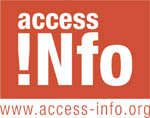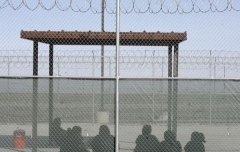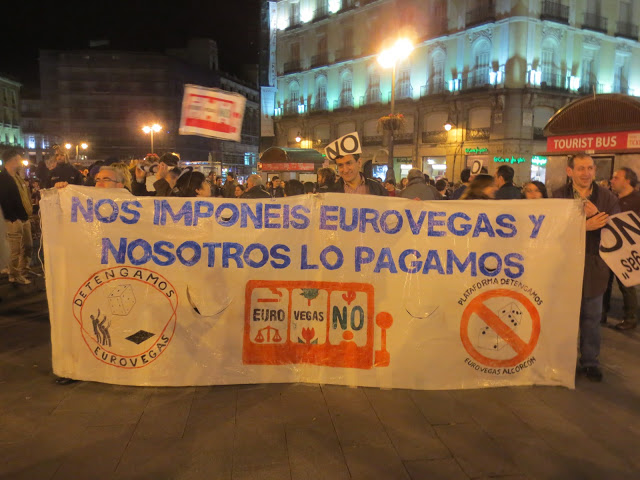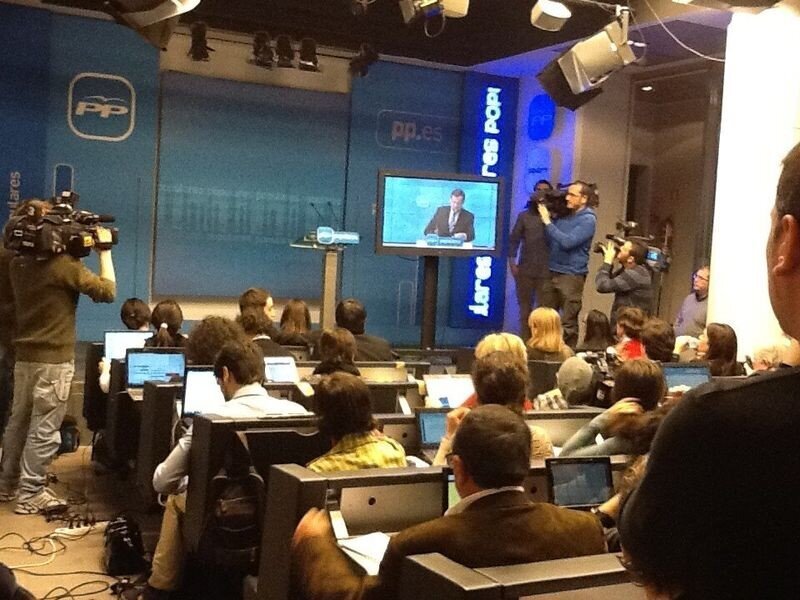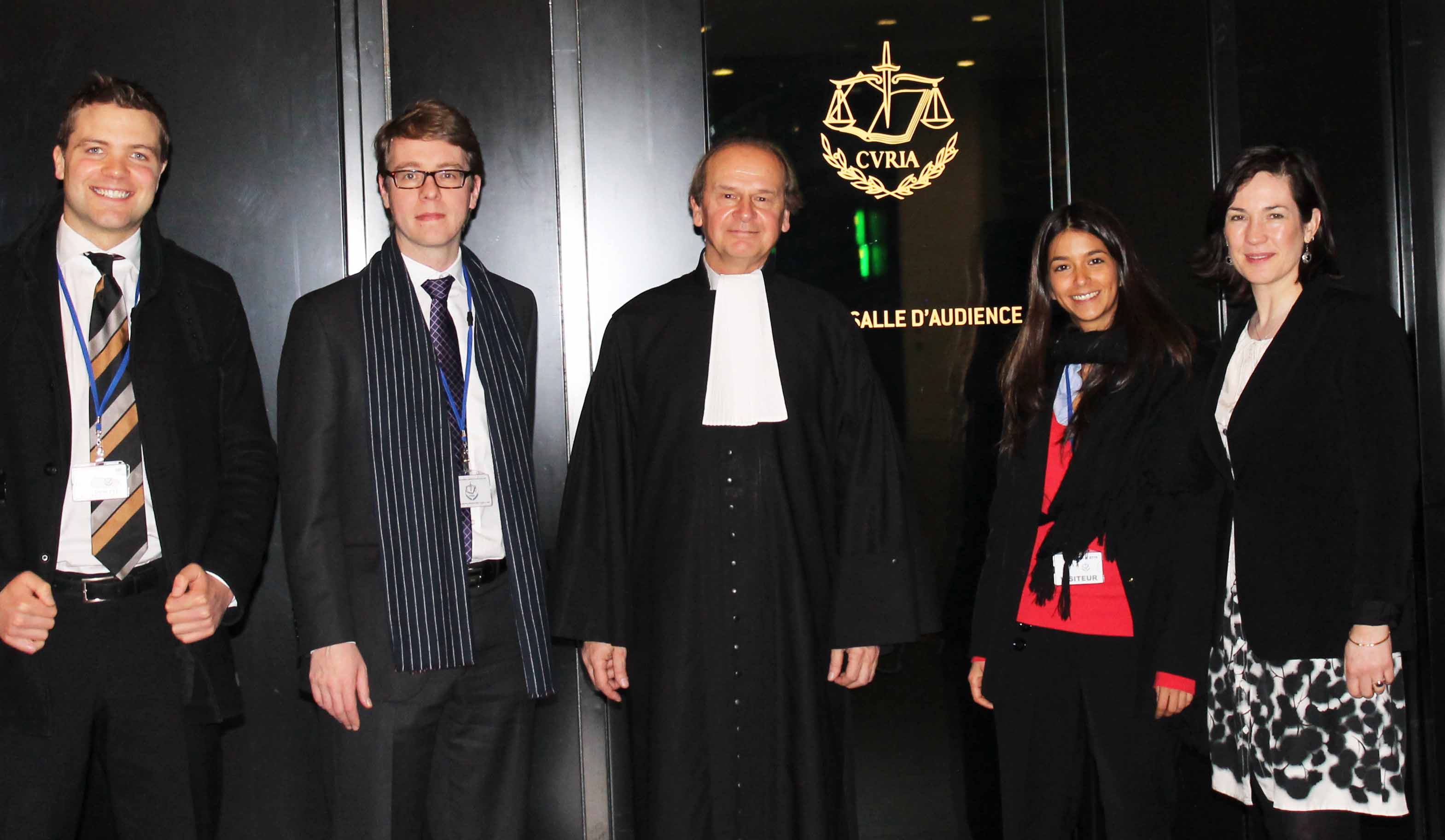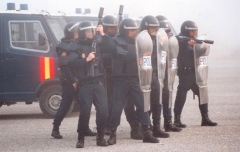Actualización sobre destino de las donaciones de la campaña de los 3.000 euros
Helen Darbishire2018-11-13T10:12:45+01:00Access Info Europe convocó una campaña de crowdfunding el 11 de enero de 2013 para recaudar los 3.000 euros que el Tribunal Supremo estableció en su condena costas por un caso que Access Info comenzó en 2007 para reclamar su derecho a conocer qué hace España para implementar medidas anticorrupción (ver todos los detalles del caso aquí). Durante esa campaña, Access Info consiguió superó con creces el dinero que pedía y recaudó un total de 10.630,84 €. 221 personas ingresaron su donación vía transferencia bancaria y 490 personas hicieron su donación vía Paypal. Es decir un total de 711 personas

